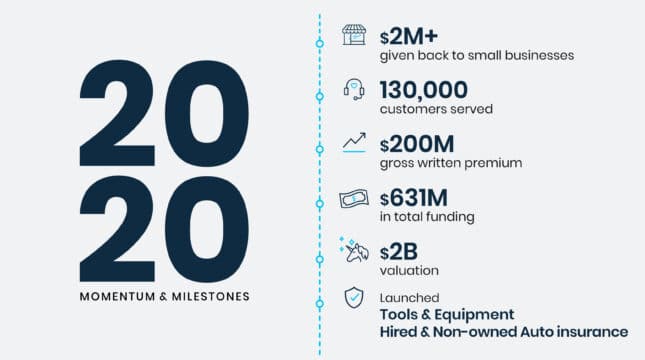Massachusetts is home to more than 1.5 million small businesses that account for almost half of all workers in the state.1 All of these Massachusetts companies need business insurance to keep their livelihood and employees safe.
Massachusetts business insurance allows you to financially prepare for unexpected events. It can protect you by helping to cover costs when things go wrong, such as if:
- A non-employee says you’re responsible for injuries or property damage
- Someone claims that you made a business mistake that caused financial losses
- An employee gets hurt one the job
- You or your employees have a business-related auto accident
NEXT is 100% dedicated to small business and insures more than 1,300 types of small businesses and self-employed workers. We make it easy for you to get the right coverage at the right price and purchase your policy online in less than 10 minutes.
Continue reading to learn about important types of business insurance in Massachusetts. Or get a free instant quote to see customized coverage options for your business.

















